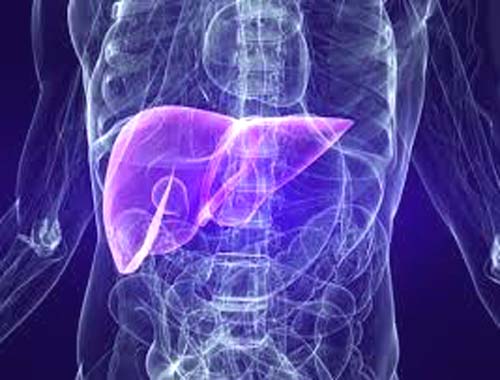Hepatitis A
Hepatitis A is a highly contagious liver infection caused by the hepatitis A virus. The hepatitis A virus is one of several types of hepatitis viruses that cause inflammation that affects your liver's ability to function. You're most likely to contract hepatitis A from contaminated food or water or from close contact with someone who's already infected. Mild cases of hepatitis A don't require treatment, and most people who are infected recover completely with no permanent liver damage. Practicing good hygiene - including washing your hands often - is one of the best ways to protect against hepatitis A. Effective vaccines are available for people who are most at risk. Early symptoms of hepatitis A infection can be mistaken for influenza, but some sufferers, especially children, exhibit no symptoms at all. Symptoms typically appear 2 to 6 weeks, (the incubation period), after the initial infection. Symptoms usually last less than 2 months, although some people can be ill for as long as 6 months: Fatigue; Fever; Abdominal pain; Nausea; Appetite loss; Jaundice, a yellowing of the skin or whites of the eyes; Bile is removed from blood stream and excreted in urine, giving it a dark amber colour; Clay-coloured feces
